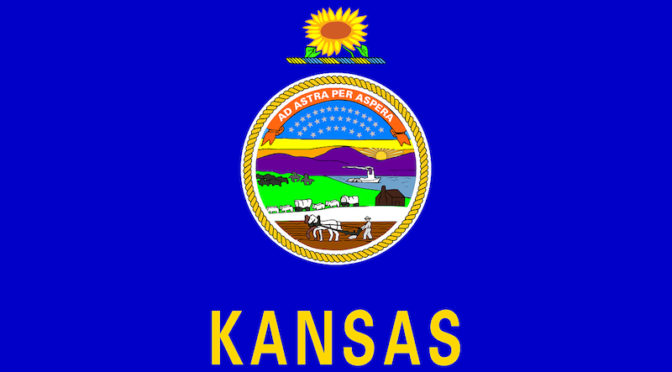Governor Laura Kelly Signs Omnibus Budget, Increases Funding for Disability Services, Criminal Justice System, Mental Health Services, Higher Education
~~SB 159 includes one line-item veto~~
TOPEKA – Governor Laura Kelly today signed SB 159, the state omnibus budget for FY 2021 and FY 2022, which passed with bipartisan support.
“I’m proud of this bipartisan, fiscally-responsible budget that demonstrates what lawmakers can get done when we work together,” Governor Laura Kelly said. “This budget includes increased funding for disability services, the criminal justice system, mental health services, and higher education. These critical services will help provide Kansans, businesses, and local governments with the support and tools they need to continue powering our COVID-19 recovery.”
Highlights from Governor Kelly’s budget:
- Increased the Protected Income Limit for Home and Community Based Services (HCBS) waivers and the Program of All-Inclusive Care for the Elderly (PACE) to 300% of the Federal Poverty Level (this is an addition to the 150% increase Governor Kelly championed as a state senator when she served on the Robert G. (Bob) Bethell KanCare Oversight Committee and signed into law as Governor in 2019). This increase gives individuals utilizing waiver services additional flexibility to earn income and use more of their money to pay for essential needs like rent, food, and more.
- Added $3 million for costs associated with the 988 Crisis Hotline, the FCC’s new, nationwide 3-digit phone number for Americans in crisis to connect with suicide prevention and mental health crisis counselors.
- Increased funding for 4-year and 2-year public and private colleges and technical schools totaling $53 million, including funding for need-based aid and other student scholarships, economic development, staff recruitment and retention, and other priorities.
- Increased salary and operations funding for our Judicial system by $17 million, which will help improve our criminal justice system through recruitment and retention.
- Added $3.6 million to the Board of Indigents’ Defense Services to fund the assigned counsel rate increase up to $100 per hour for FY 2022 providing a well-earned boost to our public defenders in a system that has been historically underfunded.
- Funding to advance innovative mental health treatment in our communities through the adoption of the certified community behavioral health center model to increase access to mental health and substance use treatment and improve and expand partnerships between mental health centers, law enforcement, schools, and hospitals.
- Restored $259,000 funding for the Commission on Veterans Affairs to allow staff to reinstate visiting veterans in the communities where they reside. This will help veterans in the rural parts of the state, and allows us to offer the full complement of services to these veterans as we meet them at home.
Below please find the message from the Governor regarding Senate Bill 159:
“Senate Bill 159, this session’s omnibus budget bill, makes many important investments in our state. But as with many omnibus budget bills, not every appropriation included is necessary or appropriate. Therefore, pursuant to Article 2, Section 14(b) of the Constitution of the State of Kansas, I hereby return Senate Bill 159 with my signature approving the bill, except for the item enumerated below.”
$500,000 from the State General Fund to the University of Kansas Medical Center for clinical trials on a COVID-19 treatment using MSCTC-0010 cells developed at the Midwest Stem Cell Therapy Center
Section 46(a) has been line-item vetoed in its entirety.
This section provides $500,000 to the University of Kansas Medical Center to conduct clinical trials for a COVID-19 treatment using MSCTC-0010 cells developed at the Midwest Stem Cell Therapy Center. During debate on the Senate’s original budget, contained in Substitute for Senate Bill 267, an amendment to add this funding was wisely withdrawn. The medical experts who lead the research associated with this proviso have clearly and plainly communicated to the Legislature that such a clinical trial would not be realistic or even feasible given the timeframe and funding provided. A 2018 article in the Journal of the American Medical Association found that the average cost of a clinical trial is $19 million, with the total cost of developing a new drug closer to $2 to $3 billion. Given those realities and the proven effectiveness of COVID-19 vaccines and treatments that are now widely available, we should focus our efforts on increasing the number of Kansans who are vaccinated so that we can prevent infections, severe illnesses, and deaths. We should listen to those with knowledge of how clinical trials work when they tell us that the proposal outlined in this proviso is unrealistic and unneeded, and we should focus on saving lives by expediting vaccinations for as many Kansans as possible throughout the state.
